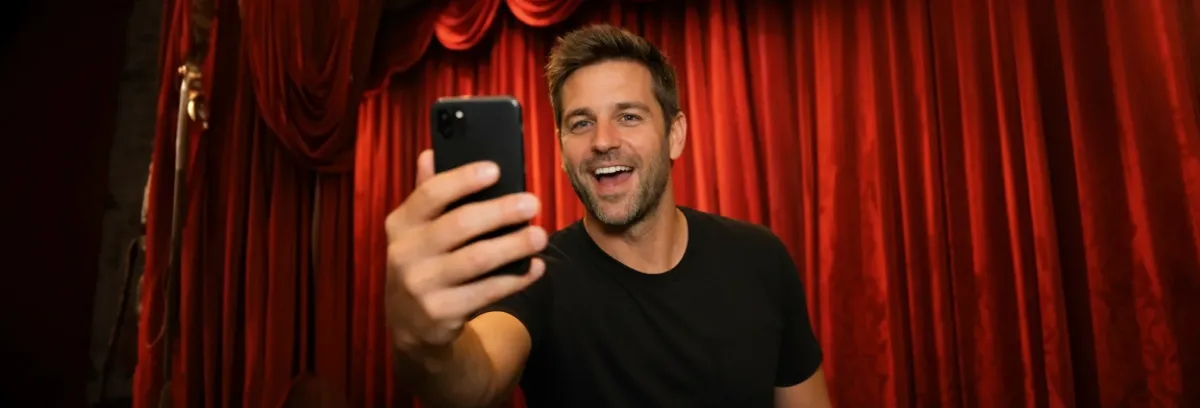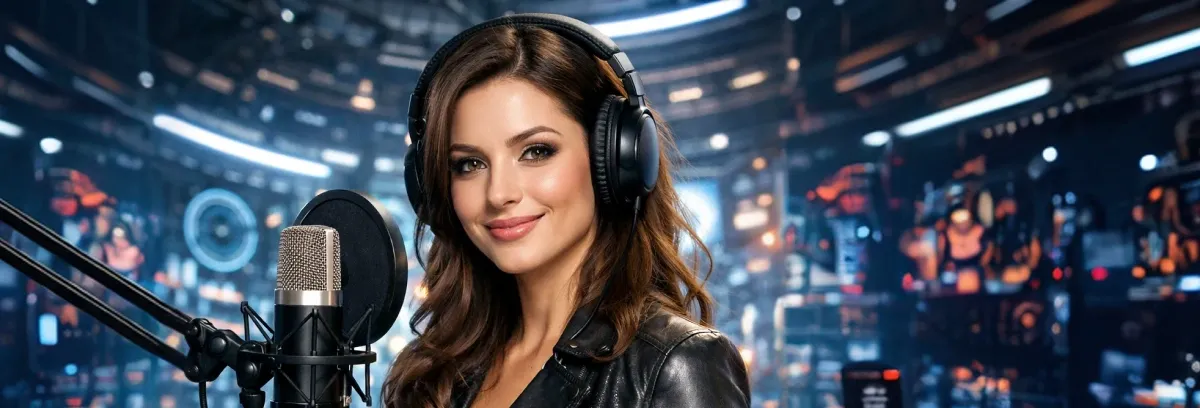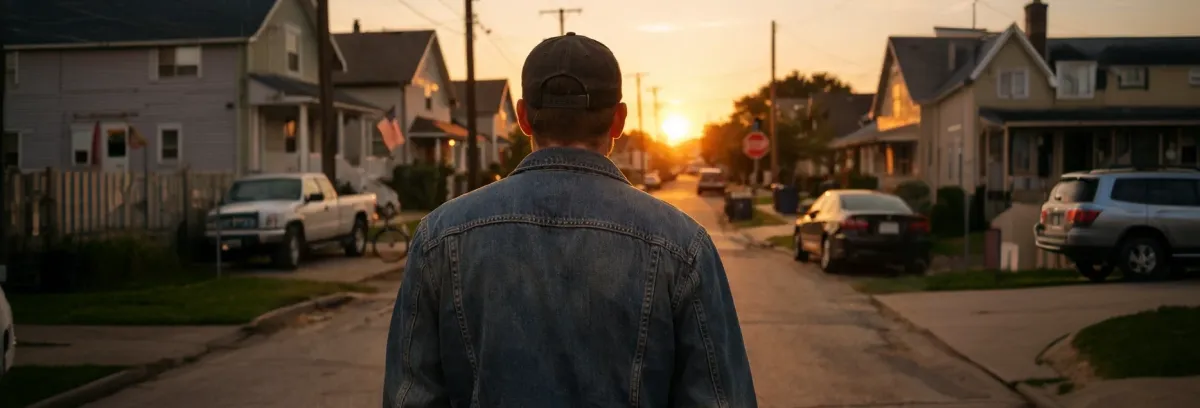Algorithms Are Already Involved In The Casting Process
AI-powered algorithms have already taken their place as an everyday part of browsing the internet, improving users' online experience. These technologies power commonly used digital assistants such as Alexa and Siri, as well as create refined search results and automated suggestions on web-based search engines, including Google and Bing. Every active social media user by now will be familiar with the fact that these content-sharing platforms use AI algorithms to personalize post feeds to each user’s individual activities and interests. Finally, these algorithms similarly affect online shopping marketplaces, suggesting products that they may like based on their activities. Of course, AI algorithms go beyond just everyday things and are increasingly used for scientific purposes, including healthcare, transportation, and finance.
With that said, it should come as no surprise that even the actor casting call process now also involves using AI-powered algorithms. These new technologies are being used by the casting staff to sort through the many applications in a more time-efficient way.
One of the ways Artificial Intelligence sorts the actor applications is by scanning their headshots by using facial recognition functions to find the most suitable candidates for the specific acting role based on predetermined factors from given information, e.g., the project’s plot scripts, like facial expressions and tones, age, or ethnicity, amongst many more. Similarly, AI can also sort through demo reels of the applicants, providing additional data for casting directors to consider when making their decisions.
The usage of AI algorithms has allowed casting directors to improve their casting diversity levels, while widening the talent pool to be actually considered for further evaluation due to a more objective and unbiased data processing, so it is to be expected that the inclusion of these technologies will soon become the industry norm for casting.
Digital Auditions Will Become Even More Common And Evolve Further
With virtual castings set in various online platforms becoming another permanent entertainment industry norm in recent years, allowing for a more efficient conduct of initial auditions, AI technologies are also set to evolve them further.
From live auditions, where actors and casting directors meet in a live call, to self-tape auditions, which performers record and send to the casting staff, AI can be used to evaluate the respective candidates' monologues' pacing and other factors. These technologies can also create virtual reading partner simulations to allow further chemistry evaluation despite not having another actor present during the online audition.
While involving AI in auditions is only in its infant stages, it is very likely that this part of the casting process will soon evolve even further for both sides.
Performers Can Protect Their Acting Careers In The Midst Of Changes
AI technologies are still at the beginning stages of their development, and, of course, by no means are not perfect, thus presenting every side involved in the casting process that is using them with various new challenges.
There is reasonable doubt about how well AI technologies can unbiasedly provide casting directors with their data without overlooking more nuanced and spontaneous acting performances by the casting call candidates, including specific emotion showcasing and improvisations during monologues. Since AI algorithms and systems gain their knowledge from exclusively preexisting data, they still can not be allowed to work fully autonomously.
As of 2025, many industry labor unions, including Screen Actors Guild–American Federation of Television and Radio Artists (SAG-AFTRA), have been pushing for stronger transparency and legal regulations regarding the use of AI. Amongst the biggest controversies regarding AI technologies have been the emergence of “AI actors” and other AI-generated performers, including “models” and “musicians”. An “AI actress” titled Tilly Norwood has received especially major backlash, with critics pointing out that such creations, which are being sold online by their creators, are based on the work of actual real-life actors without their consent.
While more in-depth regulations regarding AI are yet to be established, actors can already future-proof their career by educating themselves about the various ways these technologies can be used during the casting process, and what their digital rights as performers, to prevent unauthorized replication of their likeness for commercial purposes. Actors can also look to primary work with agencies and studios that are known for using such innovative technologies responsibly, while keeping their performances human-centric to outsmart the artificial restrictions of AI.




